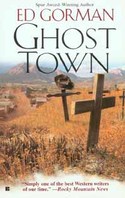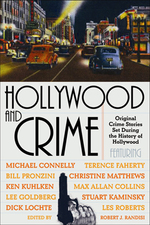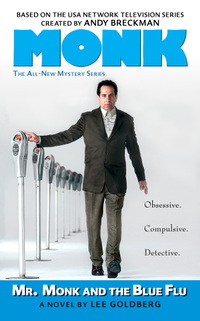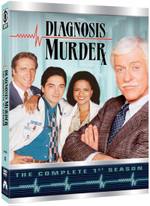Ed Gorman has quietly created his own unique genre — the western noir. I first discovered it when I read his book WOLF MOON. Here’s what I wrote when I read it a year ago this week:
I devoured WOLF MOON in one sitting. I really enjoyed it.
The book came out a few years ago and it’s unlike any western I’ve read
before. Think of it as western noir, with an emphasis on noir, though
you wouldn’t know that from the standard "western" cover and "frontier"
font. Sure, it takes place in the west and has all the expected genre
trappings…but it’s the kind of tale Charles Williams, Harry
Whittington, Dan J. Marlowe, Wade Miller, Vin Packer and Charles
Willeford like to tell. Dark and violent. Grim and doomed. It’s about a
bank robber who gets double-crossed, goes to prison, and seeks revenge.
Sounds pretty standard but trust me, it isn’t. The hero of this book is
an original…a guy who is literally rabid with revenge. I
can’t help but wonder how the book would have fared, and the attention
it might have garnered, if it was marketed as a weird twist on a dark
crime tale instead of western.
Now the folks over at Bookgasm have discovered Ed’s unique brand of noir with GHOST TOWN:
This being my first exposure to Gorman, I loved every second of it. Just
expecting a typical Western, I was blown away by how he turns the genre on
its ear like some of the Western writing of Elmore Leonard. I’m talking some
great scenes of double-crosses and a nice-sized body count. Like some of the
revisionist Western films that have come out in recent years, this book
does not have a happy ending; it just makes you feel the empathy for the
characters to which you have been exposed.
I wish Ed was getting more attention for these great books instead of having them relegated to the sadly neglected western shelf.






